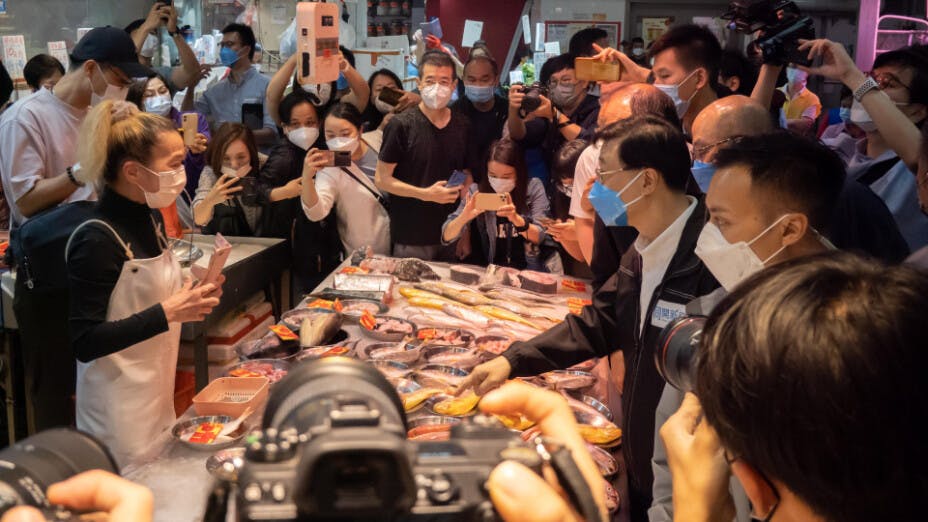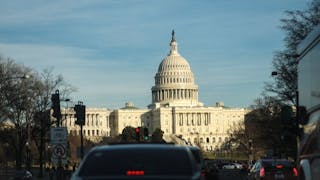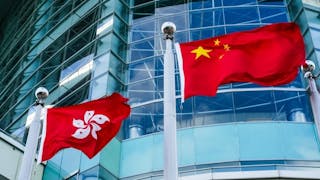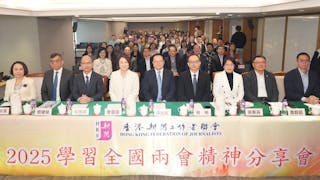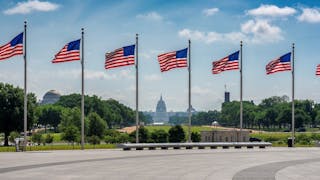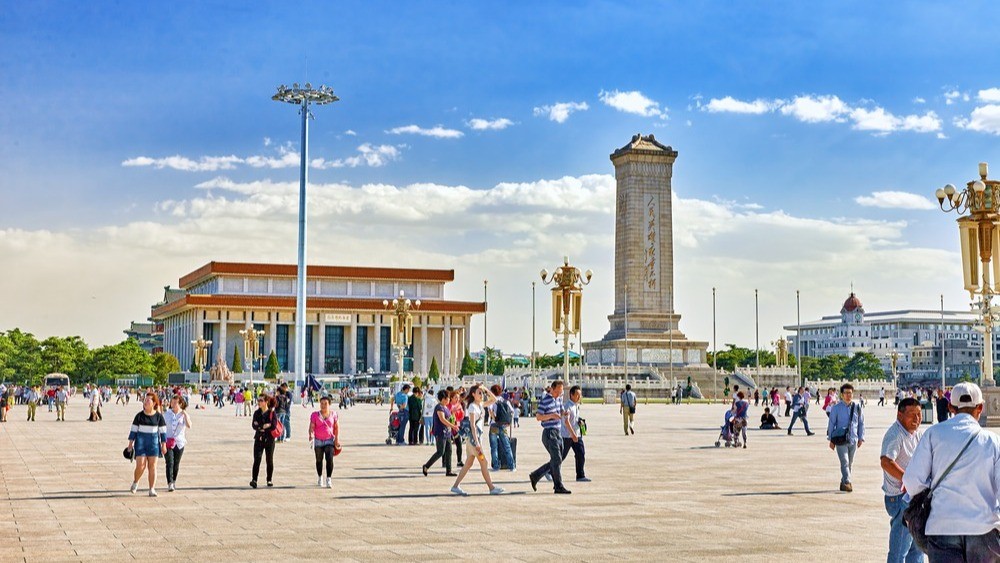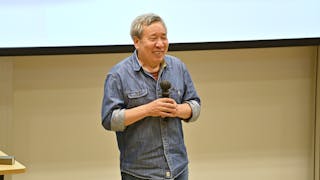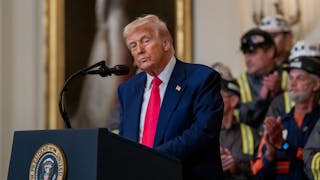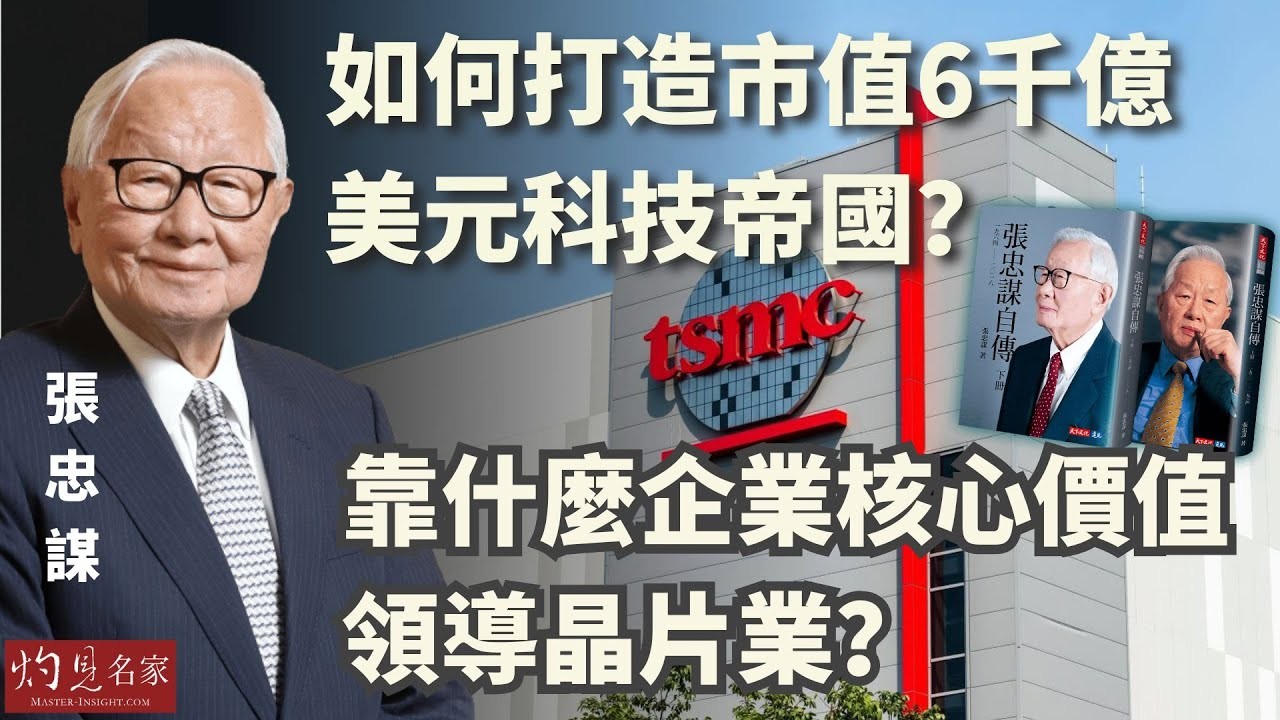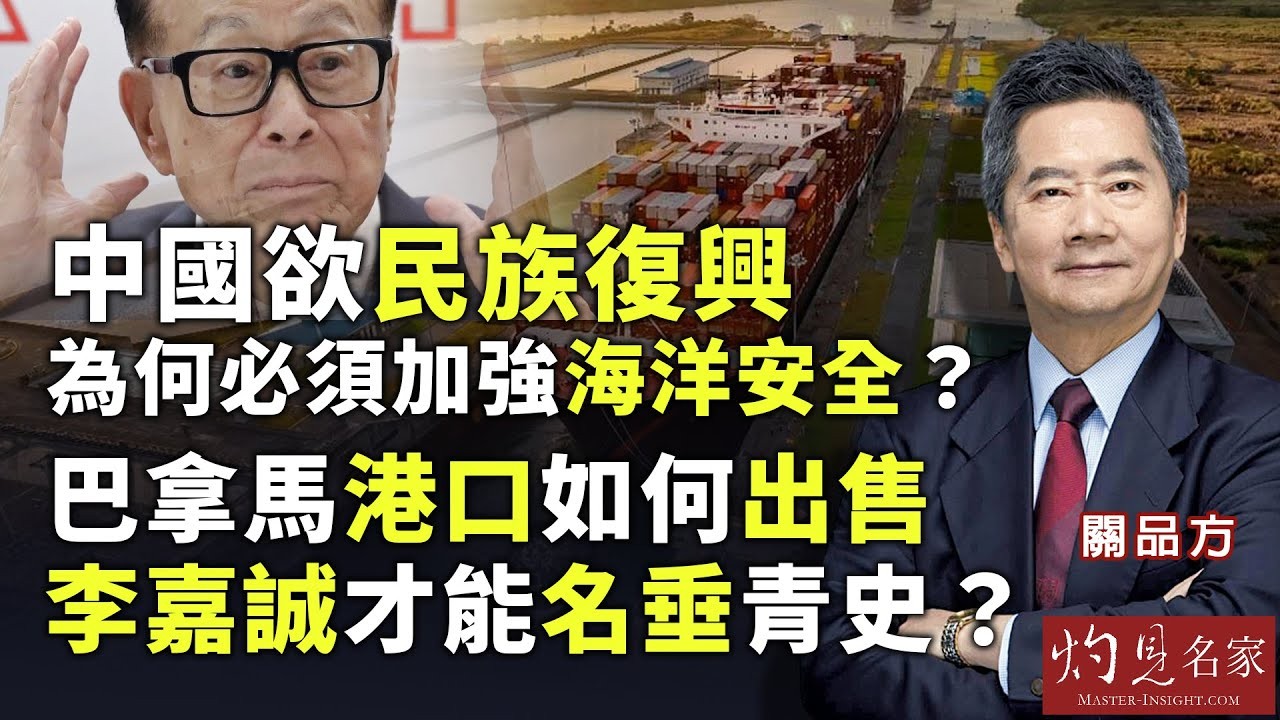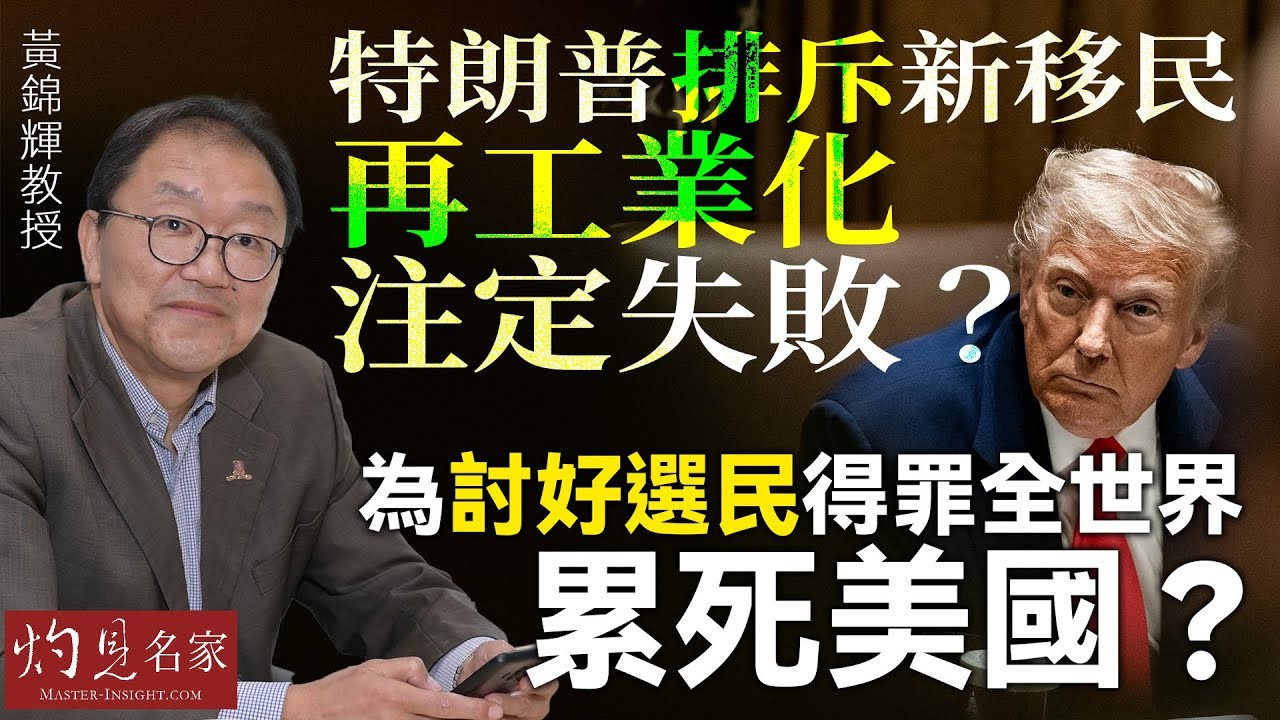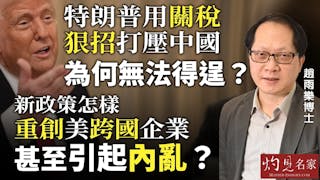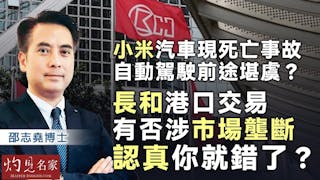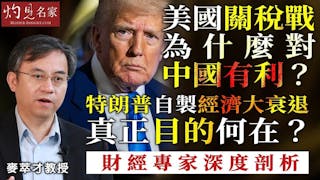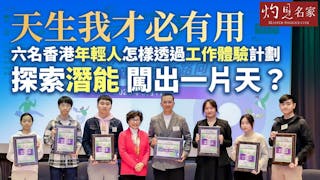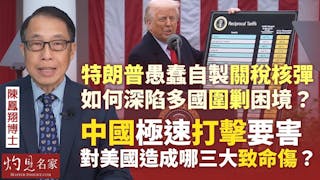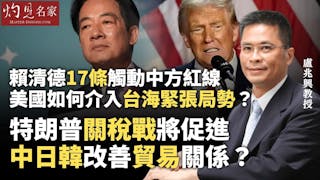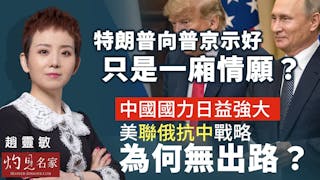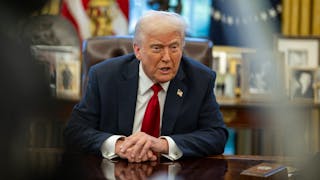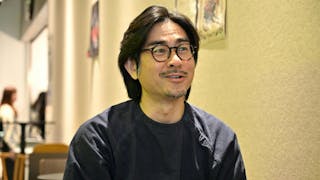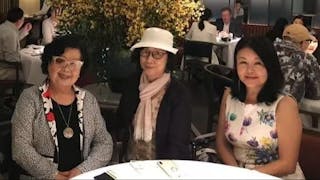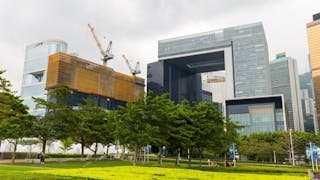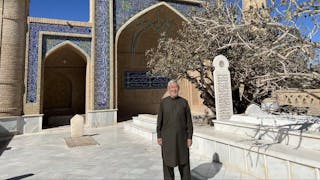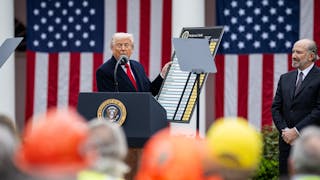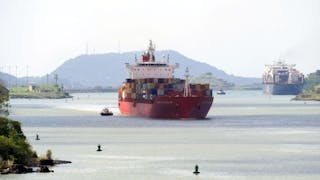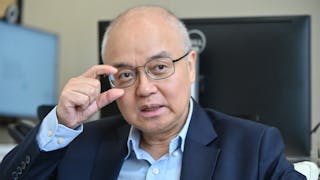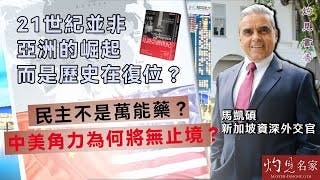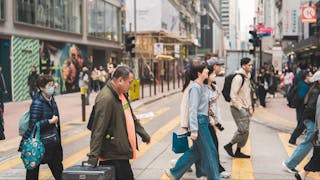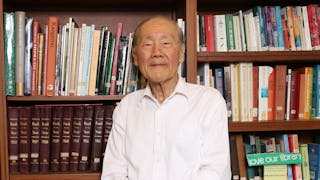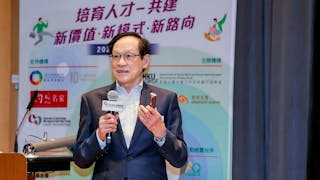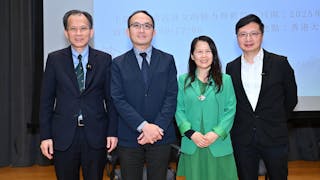從行政長官候選人李家超的競選政綱來看,他的政策方向不僅針對2019年下半年政局動盪的社會經濟根源,也是為了應對提升管治能力、簡化住房供應和上樓手續、提高香港競爭力、營造關愛共融社會、增加青年上流機會過程中的新挑戰。
首先,李家超誓言通過(1)改善行政立法關係;(2)研究政府架構重組;(3)加強領導官員的領導作用;(4)訂立政府部門的關鍵績效指標(KPI);(5)檢視行政程序及相關法規,提升施政效率;(6)增設高級官員領導的「動員機制」,增強危機管理能力;(7)建立符合《中華人民共和國憲法》和《基本法》的盡忠職守公務員文化;(8)落實《基本法》第23條的本地立法工作;(9)加強政府與地區各基層組織和團體的聯繫;(10)匯聚和培養愛國愛港管治人才;(11)邀請社會各界,出謀獻策,同時善用智庫的研究能力,提升政策研究活力。
政出多門 政府架構須重組
就分析而言,行政立法關係的改善,需要李家超和他的新一批司長、副司長和政治助理,以更自信的方式正式或非正式地接觸立法會議員。協助行政長官決策的最高機構行政會議,需要一個新的組合,以反映立法會議員的3個組成部分:直接選舉產生的議員、功能組別議員和選舉委員會議員。
政府架構的重組早該進行,尤其是負責房屋範疇的有屋宇署(發展局轄下部門)、規劃署(發展局轄下部門)、地政總署(發展局轄下部門)、運輸及房屋局(由運輸及房屋局局長領導)及房屋署(由運輸及房屋局常任秘書長領導),可能缺乏強有力的領導和高效的協調。
儘管特區政府的公務員向來被視為高效高質,但瞬息萬變的形勢,暴露出官僚主義和繁文縟節的問題亟待解決。因此,李家超強調領導官員和政府部門關鍵績效指標(KPI )的作用,是必要和進步的舉措。最重要的是,少數部門的危機管理能力備受爭議,如衛生署和食物環境衛生署對第5波疫情及其受害者反應遲緩,受到嚴厲批評。
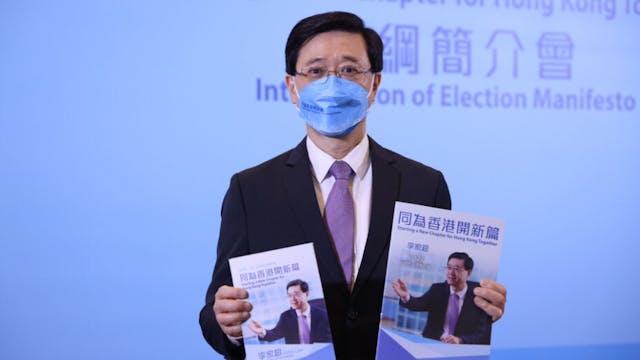
重設中策組 聯繫民間智庫與社會團體
另一個挑戰,是重設中央政策組(中策組),理想情況下,它不僅應向所有司長和副司長提供政策建議和研究建議,還應向行政會議的非官方成員提供政策建議,從而使協助特首的政策建議,變得比以往任何時候都更加有效。在政府向立法會和公眾提出政策建議供審議和諮詢前,應重新進行調查。如果重新建立中策組,應該以更加自信的方式讓民間智庫和社會團體參與。
從1997年7月1日到2018年,中央政策組在香港特別行政區的治理中發揮了關鍵作用。中策組後來改組為政策創新與統籌辦事處(PICO)。然而,PICO並沒有有效地展示其社會影響力。也沒有充分幫助政府在制定關鍵政策之前充分利用輿論。重設中央政策組,讓其重新聯繫民間智庫和包括青年在內的社會團體,對於提升香港特別行政區的治理能力是當務之急。
精簡程序 加快土地供應早「上樓」
李家超的第二點政綱,是精簡土地供應和為有需要的人提供住屋的程序。他承諾,那些等待入住公屋單位的申請人,將減少一年的等待時間──這對窮人和有需要的人來說是一個可喜的舉動。
政府將採取多種方式獲取更多土地,例如引用《收回土地條例》;促進私人土地持份者參與發展,加大整體土地供應;使用組裝合成建築法(MiC)和建築信息模擬(BIM),以更快和更便宜的方式建造公屋單位;研究設立「公營房屋項目行動工作組」和「土地房屋供應統籌組」,以加快公屋供應的時間、北部都會區的規劃和明日大嶼計劃填海的可能性、探討新界棕地用作興建安老院舍及其他房屋單位、加快為合資格申請人提供「白居二」(白表居屋第二市場計劃)單位,以及審視重要鐵路項目,以加強香港與深圳基建設施的互聯互通。
所有這些措施都是必要的和漸進的。在建設公屋的過程中使用MiC和BIM是姍姍來遲的,它將加快公屋的供應,縮短申請人的輪候時間。李家超的第二點政綱的整個主旨,是以比以往任何時候都更高效、更大量和更快速的方式提供更多的土地和住宅單位。
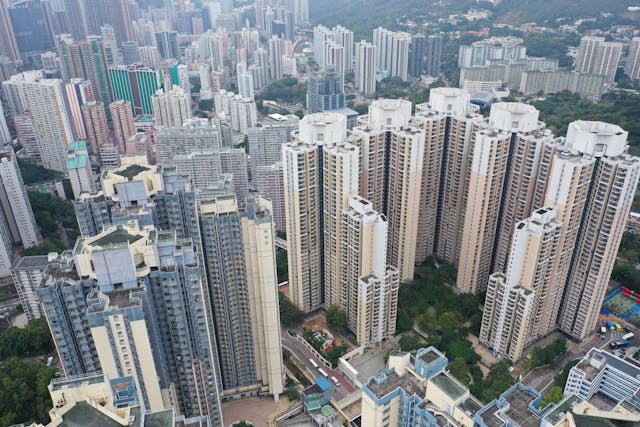
提升香港競爭力 吸引全球企業來港上市
李家超的第三點政綱是提升香港「多元、包容、開放的國際城市形象」,發掘更多國際脈絡資源,完善「自由、透明、法治的營商環境」,以提升香港的競爭力,吸引外國企業在香港證券市場上市;擴大香港與內地金融市場的互聯互通;發展金融科技,結合實體經濟的數碼化發展,持續發展香港成為資產和財富管理中心;豐富離岸人民幣產品和工具,加快推展智慧城市;匯聚創科人才,吸引外國人才到香港和大灣區工作和投資科研;鼓勵科研成果轉化和商業化;以北部都會區作為紐帶,吸引優秀人才和資金,促進北部都會區的生態發展,全力建造宜居、宜業、高生活素質的都會區;鼓勵初創企業和中小企業在大灣區發展,同時支援香港青年在大灣區的學業和就業。
為維持香港的財政狀況和競爭力,李家超及其司局長所面臨的挑戰之一,是保護和維持香港特區的資訊自由。如果強調「香港特別行政區的多元、包容、開放的國際地位」,則需要保持較為寬鬆的社會政治氛圍。商業環境與社會政治氛圍密不可分。2021年夏天,《反制裁法》在香港實施的時間推遲了,一些外資和銀行界人士至少鬆了一口氣。因此,必須在香港特別行政區營造一種更加「寬鬆」的氛圍。總之,香港的氣氛愈是寬鬆,愈有利於國際和外國社會的信心。否則,一些香港人的移民和一些因為各種原因離開香港的外國人,他們的離開,可能也會損害國際社會對香港金融狀況的信心,從而間接影響香港特區的競爭力。
值得一提的是,香港特區建設會展業的計劃,可能會與澳門本已強調將澳門─橫琴合作區建設成為會展中心的計劃相衝突。港澳之間的競爭是自然而然的,但兩地會展業需要加強溝通與合作,避免零和博弈。
關愛共融社會 增加青年上流機會
第四點,也是最後一點,李家超強調需要通過創建一個關愛共融的社會,以增加青年上流機會,這一點意義重大。它解決了香港在2019年下半年政治暴力事件爆發之前,多年來缺乏上流機會的問題。
除了已經實施的教育改革和國民教育外,李家超強調醫院管理局有必要擴展其服務和資源,推展基層醫療系統設施,加強地區精神健康服務,研究中醫的應用和發展;促進官商民合作,扶持居住在「劏房」的貧窮家庭兒童,推行解決跨代貧窮的試驗計劃。
鑑於在Omicron疫情下,長者及殘疫人士院舍成為災區的慘痛教訓,推動提升長者院舍環境的改革;落實合併普通和高額長者生活津貼、支持家庭議會工作,以鞏固家庭功能;優化託兒服務、加強職業安全保障,檢討外判制度,吸納更多青年加入政府的法定機構和諮詢架構,增加青年的職業培訓和就業機會等。
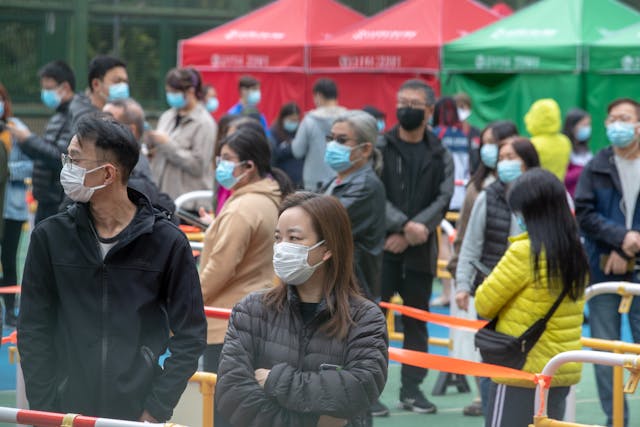
宜通過體育政策 重塑身份認同感
李家超希望通過紓解青年的不滿,來解決2019年反修例示威的社會根源。然而,在他的青年政綱中的一個不足之處,是沒有指出制定體育政策(屬於他的第三點政網)與增強青年對香港認同感之間的聯繫。體育可以重塑青年人的身份認同感和對香港的歸屬感,以及對祖國的熱愛。
因此,如果稍後再任命一位新的體育和文化局局長,其任務應是重新讓青年參與體育與社會,以及重新灌輸他們對一國兩制的信心,這對香港未來幾年的發展至關重要。如果一些年輕人已經因為捲入2019年的動盪而受到「排斥」和懲罰,也許是社會治愈他們傷口的時候了。
總之,李家超的政綱有遠見而且準確地應對了2019年動盪的社會經濟根源。他任命的司長、副司長和政治助理將如何與現有公務員合作,實現四大政綱,這從客觀的角度來看是必要的和可取的,但成效仍有待觀察。在政治上,特區政府的治理能力,必須通過一個更有效的政府智庫來加強,該智庫將為行政會議和任命的官員提供政策意見,並重新吸引民間社會和青年團體的參與。
未來幾年必須遏制官僚主義,減少繁文縟節,加快住房供應和土地供應,縮短公屋申請人的等待時間。然而,香港的競爭力取決於能否維持一個真正「多元、包容、開放」的社會政治環境。商業環境與社會政治氛圍是分不開的。最後但是同樣重要的一點是,青年的參與極為重要,因為過去幾年已經嚇壞了他們當中的許多人,以至於有些人已經採取了消極、宿命、悲觀和憤世嫉俗的態度,不利香港的社會和經濟發展。
John Lee’s Campaign Platform, Policy Directions and Reform Challenges
Judging from the campaign platform of Hong Kong’s Chief Executive election candidate John Lee, his policy directions are addressing not only the socio-economic roots of the political disturbances in the latter half of 2019, but they are also encountering new challenges in the process of enhancing governing capability, streamlining the supply and accommodation of housing procedures, increasing the city’s competitiveness, and creating a caring society in which youth mobility will be improved.
First, Lee vows to enhance the governing capability of the Hong Kong Special Administrative Region (HKSAR) by (1) improving executive-legislative relations, (2) exploring the reorganization of governmental secretaries, (3) strengthening the leadership role of leading officials, (4) formulating Key Performance Indicators (KPIs) for government departments, (5) reviewing administrative regulations and improving efficiency, (6) strengthening crisis management ability through a mobilization mechanism led by high-ranking officials, (7) establishing a civil service culture loyal to the Chinese constitution and the HKSAR Basic Law, (8) implementing and legislating on Article 23 of the Basic Law, (9) establishing multiple channels of connections with district organizations and volunteer groups, (10) maintaining the cohesiveness of governing talents who are “loving China and Hong Kong,” and (11) embracing all kinds of talents to elevate the policy research standard and vitality of think tanks.
Analytically speaking, the improvement of executive-legislative relations will require John Lee and his new batch of secretaries, undersecretaries and political assistants to reach out to Legislative Council (LegCo) members formally or informally in a more assertive way. The top policy-making Executive Council will need a new composition reflective of the three components of LegCo members: those elected from direct elections, functional constituencies and Election Committee. The reorganization of governmental secretaries is long overdue, especially in the area of housing in which different departments, such as Buildings Department (under Secretary for Development), Planning Department (under Secretary for Development), Lands Department (under Secretary for Development), Transport and Housing Bureau (under Secretary for Transport and Housing), Housing Department (under Secretary for Transport and Housing) have perhaps lacked a very strong leadership and highly effective coordination.
Although the HKSAR civil service has been traditionally regarded as generally effective, the rapidly changing circumstances have exposed the problems of bureaucratism and red tape that must be addressed urgently. As such, John Lee’s emphases on the leadership role of leading officials and departmental KPIs are necessary and progressive moves. Most importantly, the crisis management ability of a few departments was highly controversial, such as the Health Department and the Food and Environmental Hygiene Department whose slow responses to Omicron and its victims were severely criticized.
Another challenge is to reestablish the Central Policy Unit (CPU), which should ideally provide policy advice and research suggestions to not only all secretaries and undersecretaries, but also the unofficial members of ExCo so that policy advice to the top policymakers will become far more effective than ever before. Surveys should be reconducted before the government put forward policy proposals to the LegCo and members of the public for deliberation. The CPU, if reestablished, should engage private think tanks and civil society groups in a more assertive manner. The CPU played a critical role in the HKSAR governance from July 1, 1997, to 2018, when it was changed to Policy Innovation and Coordination Office (PICO). However, PICO did not demonstrate its societal outreach effectively. Nor did it help the government sufficiently in tapping public opinions prior to the formulation of key policies. The revitalization of CPU and its reconnections with private think tanks and societal groups, including the youth, are imperative to improve the HKSAR’s governing capability.
The second platform of John Lee is to streamline the procedures of supplying land and providing housing accommodation to the needy. He promises that those applicants who wait for public housing units for their accommodation will have one year of waiting time reduced – a welcome move to the poor and the needy. The government will deploy a multiplicity of methods to acquire more land, such as the use of the land resumption ordinance, the promotion of private landowners to participate in supplying more land, the use of Modular Integrated Construction (MiC) and Building Information Modeling (BIM) to build public housing units in a faster and cheaper way, the study of establishing an action group to speed up the provision of public housing estates and a coordinating group on land and housing supply, the planning of Northern Metropolis and the reclamation possibility of the Lantau Tomorrow Project, the review of brownfield sites in the New Territories for the provision of elderly homes and other housing units, the enhanced provision of middle-lower classes housing units for eligible applicants, and the review of railway networks so as to merge the HKSAR development with Shenzhen’s infrastructure projects.
All these measures are necessary and progressive. The use of MiC and BIM in the process of constructing public housing units is long overdue as it can and will speed up the supply of public housing units and shorten the waiting time for applicants to get accommodated. The entire thrust of John Lee’s second platform is to supply more land and housing units in a more effective, efficient and speedy way than ever before.
John Lee’s third campaign platform is to increase Hong Kong’s competitiveness by elevating the “pluralistic, tolerant, open international city status” of the HKSAR, digging out more international networks and resources, improving the “business environment which is free, transparent and which has the rule of law,” attracting foreign enterprises to be listed in the Hong Kong securities and stock markets, expanding the mutual market connections and transferability between Hong Kong and the mainland, developing financial technology and integrating the entity economy with digital development, developing Hong Kong as an asset and wealth management center, enriching the products and tools of offshore Renminbi, promoting the establishment of smart city, expanding talents in innovation and technology, attracting foreign talents to work and invest in Hong Kong and the Greater Bay Area in scientific research, integrating scientific research findings into commercial and high-tech industry, utilizing the Northern Metropolis as a magnet to attract talents and capital, promoting the ecological development of the Northern Metropolis together with the need to build up new industries and new residence with high quality living standards, building up a Convention and Exhibition Subsidy Scheme for industries and small and medium enterprises, and participating in the development of the Greater Bay Area (GBA) while encouraging local youths to develop their innovative small and medium enterprises in the GBA.
One of the challenges of John Lee and his secretaries to maintain Hong Kong’s financial status and competitiveness is to protect and maintain the freedom of information in the HKSAR. If a “pluralistic, tolerant and open international status of the HKSAR” is emphasized, then there is a need to maintain a more relaxed socio-political atmosphere; the business environment is intertwined with the socio-political environment. In the summer of 2021, when the Anti-Sanctions Law was postponed in its implementation in the HKSAR, some members of the foreign and banking community felt at least relieved. As such, a more “tolerant” atmosphere will have to be fostered in the HKSAR. In short, a more relaxed atmosphere in Hong Kong will be conducive to the confidence of the international and foreign community. Otherwise, the emigration of some Hong Kong people and the departure of some foreigners, who have already left the HKSAR for various reasons, can and will undermine the international confidence in Hong Kong’s financial status, thereby indirectly affecting the competitiveness of the HKSAR.
It is also noteworthy that the plan of building up the convention and exhibition industry in the HKSAR may clash with Macau’s already emphasis on building the Macau-Hengqin cooperative zone as a convention and exhibition center. While mutual competition between Hong Kong and Macau is natural, the two cities will need to coordinate among their convention and exhibition industries through better communication and cooperation to avoid a zero-sum game.
Fourth and finally, John Lee’s emphasis on the need to provide youth mobility through the creation of an integrative and caring society is significant. It addresses the lack of youth mobility in Hong Kong for many years before the outbreak of political violence in the latter half of 2019. Apart from education reform and national education that have already been implemented, Lee stresses the need for the Hospital Authority to expand its services and resources, the promotion of grassroots-level health infrastructure, the improvement of mental health services, the consolidation of Chinese medicine in diagnosis, the prevention of intergenerational poverty among the children living in cage homes through the assistance from the government and non-governmental organizations, the reform of elderly homes where many old people died of Omicron, the merging of living subsidies for the elderly and the needy, the strengthening of the Family Council to promote family-based activities, the increase in nursery services, the enhancement of occupational safety among workers, the review of the system of contracting out services, the absorption of more young people into the government’s advisory bodies, and the enhancement of vocational and professional training among the youth.
Lee has been addressing the social origin of the anti-extradition protests in 2019 by tackling the youth discontent. However, a disarticulated area in his youth platform is to miss the linkage of developing sports policy (which falls into his third policy platform) and enhancing youth identity toward Hong Kong. Sports can regenerate youth identity and their sense of belonging to the HKSAR as well as their love toward their motherland China. As such, if a new secretary in sports and culture were created later, the tasks of reigniting youth participation in sports and the society and of re-instilling their political confidence will be critical for Hong Kong to move forward in the coming years. If some young people have already been “ostracized” and penalized for their involvement in the 2019 turbulence, it is perhaps time for the society to heal their wounds.
In conclusion, John Lee’s policy platform farsightedly and accurately addresses the socio-economic roots of the 2019 turbulence. It remains to be seen how his appointed secretaries, undersecretaries and political assistants will work with the existing civil servants to realize the four key points, which are necessary and progressive from an objective standpoint. Politically, the governing capability of the HKSAR will have to be enhanced through a more effective governmental think tank that will provide policy inputs to the ExCo and appointed officials and that will reengage the civil society and youth groups. Bureaucratism must be curbed, and red tape reduced in the coming years so that housing provision and land supply will be accelerated and that applicants’ waiting time will be shortened. Hong Kong’s competitiveness, however, depends on whether a really “pluralistic, tolerant and open” socio-political environment will be maintained. The business environment is by no means separated from the socio-political atmosphere. Last but not the least, the engagement of youth is extremely important because the past several years have already frightened so many of them that some have already adopted a passive, fatalist, pessimistic and cynical outlook that is detrimental to the society and economy of Hong Kong.
原刊於澳門新聞通訊社(MNA)網站,本社獲作者授權轉載。



